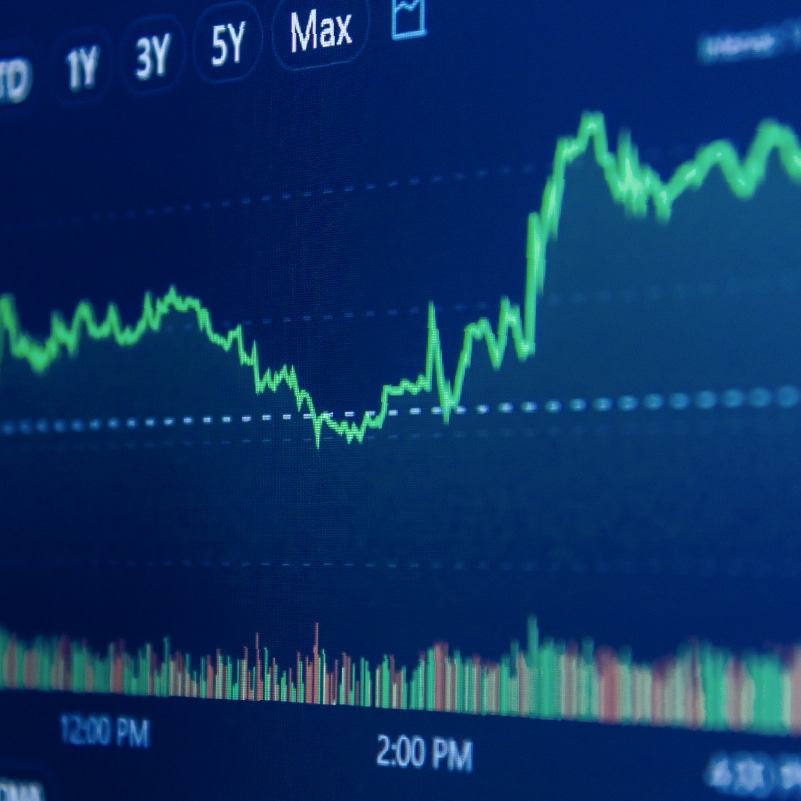Global markets started August on a positive note, with the MSCI World Index rallying 3.5% into mid-month as it extended a c. 15% rally from its June lows. Unfortunately, sentiment turned aggressively in the back end of August, with markets reversing sharply to end the month lower (MSCI World -4.1% MoM). The start of August saw investor sentiment buoyed by corporate earnings, with the remaining c. 40% of S&P 500 companies reporting 2Q22 earnings in the first few weeks of August and continuing a trend of positive surprises as these companies, in aggregate, delivered earnings growth c. 4% ahead of expectations for the 2Q22 US earnings season.
Concerns about the economic impact of tighter US monetary policy were the catalyst for the sharp reversal in investor sentiment at the tail end of August as a slew of US Federal Reserve (Fed) members delivered messages with an extremely hawkish tone. Initially, the release of the Fed’s July meeting minutes gave some insight into the Fed’s thinking that it would be appropriate to inflict some economic damage to get inflation under control. Several Fed members reinforced that rhetoric with public comments over the next few days, and by the time the annual Jackson Hole Economic Symposium for central bankers and economists rolled around in late August, Fed Chair Jerome Powell was forcefully reiterating the message that there would need to be “some pain to households and businesses” to tame inflation. The hawkish central bank rhetoric drove US 10-year government bond yields 0.6% higher, ending the month at 3.2%. European and UK markets bore the brunt of the sell-off as their economies seem most vulnerable to the squeeze from higher energy prices. The Euro Stoxx 50 fell 5.1% MoM, while the FTSE 250 Index of predominantly domestically focussed UK-listed companies dropped by 5.2% MoM.
Emerging markets (EMs) held up significantly better in August (MSCI EM +0.4% MoM), particularly Chinese companies listed in the US, as Chinese and American regulators seemed to be getting closer to a resolution on audit transparency for those companies, which will allow them to remain listed in the US (Nasdaq Golden Dragon China Index +6.2% MoM). The Brazilian stock market was another standout EM performer in August (+6.2% MoM), benefitting from its significant exposure to energy shares.
Energy shares were also the best-performing US equity sector (+2.8% MoM) despite a 12% MoM fall in the Brent crude oil price, as the prospect of waning economic growth appeared likely to weigh on oil demand. Gas prices remain beholden to supply concerns resulting from geopolitical tensions between Russia and the EU and were up another 11% MoM. Increasing investor risk aversion and the prospect of US rates leading the march higher again supported the US dollar, with the US Dollar Index up 2.6% MoM.




